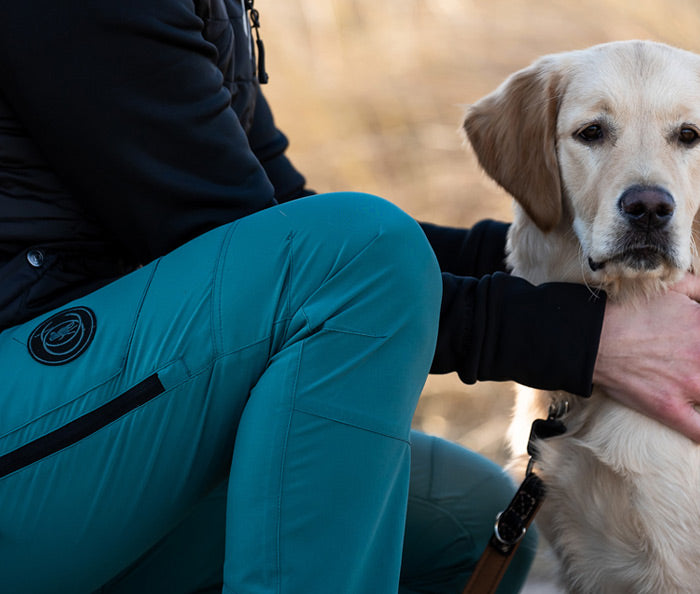
Many dog owners are confident that they can read their dog's thoughts and assume that their dog, for example, can feel shame or have a bad conscience if it has ruined something in the home.
One of today's most highly regarded dog experts, the Swedish dog guru and author Anders Hallgren, states in a new book that this is not the case. Often, we attribute dog's natural behaviors as human traits. We interpret their actions using our own worldview rather than the dog's.
Anders Hallgren is a trained psychologist and was the first dog psychologist in Europe and perhaps the rest of the world. He has more than 50 years of experience as a dog psychologist and trainer and has written over 30 books on dog behavior. Already in his first books in 1971 and 1974, he rejected the punitive and militant training methods of the time.
Dog owners are the key to their dogs’ happiness
For many years, the author has worked to investigate canine problem behavior, and conclude that one must always work with the cause rather than the symptoms in order to produce results.
Since stress is one of the main causes of problem behavior, this was one of many parameters in Hallgren’s new study focused on the key to canine happiness. Along the way, he tested several methods.
It was only when he tested dog owners rather than their dog that he found an explanation of a dog’s level of well-being and happiness.
The study showed, among other things, that some of what determines whether a dog is happy is the bond between the dog and owner, and how many mistakes the dog owner makes along the way that make the dog insecure and unsure of what is right and wrong.
"The dog's first priority is always to try to prevent conflicts in the pack," explains Anders Hallgren. “They perceive their people as their pack, and will always try to cooperate with us, as wolves cooperate in a pack.”
This is precisely why the relationship between dog and human is of great importance for the well-being of the dog. If a dog is often scolded, or if we are inconsistent and exhibit behaviors that keep our dog from trusting us, it will become unsure and insecure, which affects well-being.
Body contact strengthens the bond
Naturally, he also emphasizes that the more you pet and have contact with your dog, the stronger the bond will be between dog and owner. Body contact is an important factor, although it should be on the dog's terms and initiative. Often, younger dogs will seek this out, while older dogs will recede.
By nature, all dogs are programmed for kindness as puppies, but it is the dog owner and human influence that determines whether the dog will be happy and well functioning throughout life.
Therefore, it is often the dog owner that should be trained, rather than the dog, if you want to find the cause of a dog's stress or behavior problems.
Factors that promote a happy dog
-
The kindness of the dog owner
(Always avoid shouting, scolding a dog and punishments) -
Routine
(Dogs are confident knowing what will happen when) -
Decrease the dog's stress level
(Relieve stress and problem behavior with products containing tryptophan (e.g., Equi-Calm and B-50) -
Good mental activation
(Let the dog use his head in the right way every day so that he is mentally stimulated by e.g., nose work, low intensity training, assignments)
Dogs are genetically programmed to interact in social situations - specifically from their wolf ancestors. Kindness in relation to others is not only positive, but also natural and necessary for unity and cooperation in the wild.
- "It is the reason I keep repeating that you have to be kind to your dog - and I will keep repeating it for as long as I can," the popular author Anders Hallgren says
* Source: Anders Hallgren's lecture on Social Stress in dogs.














